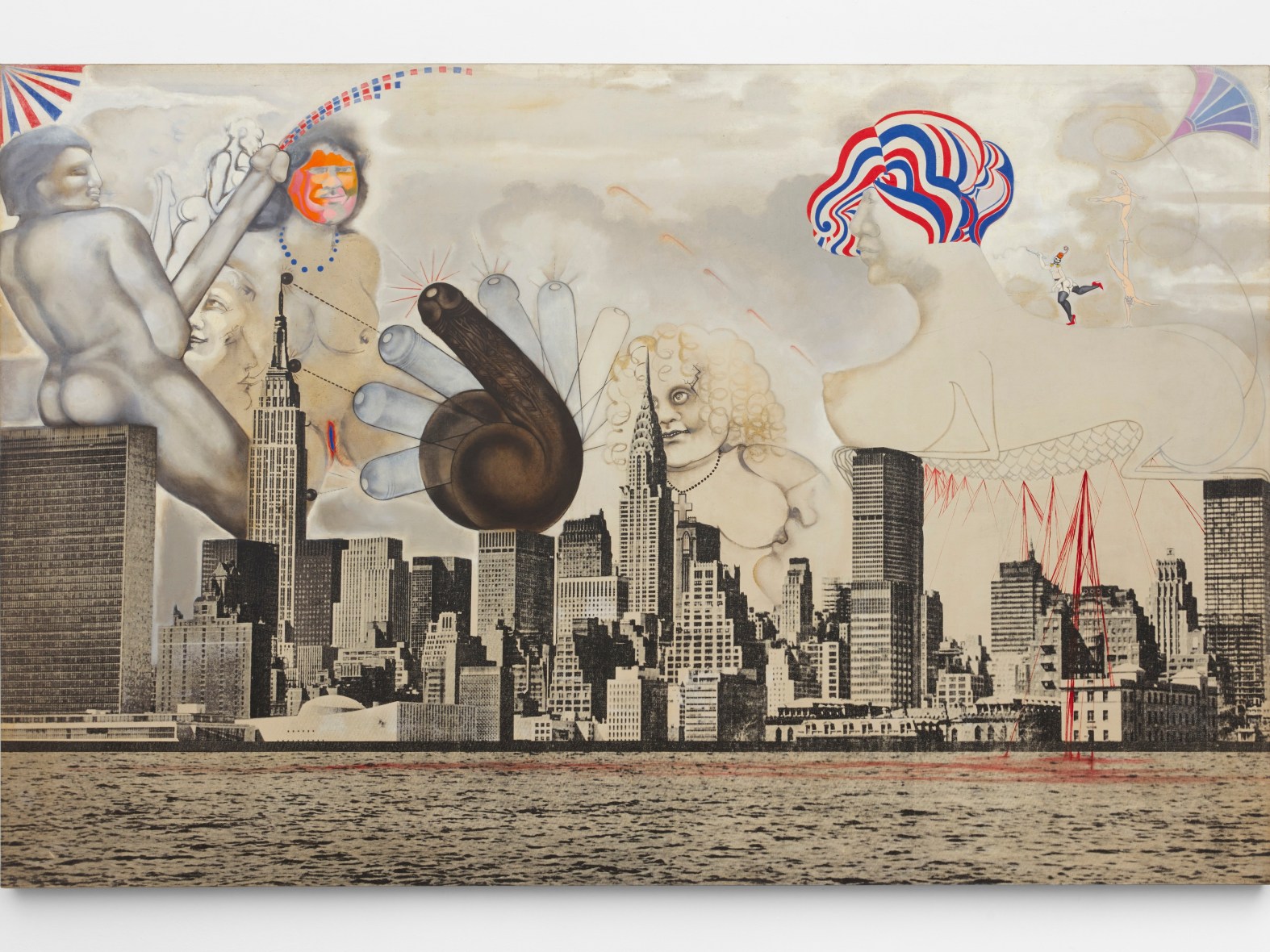
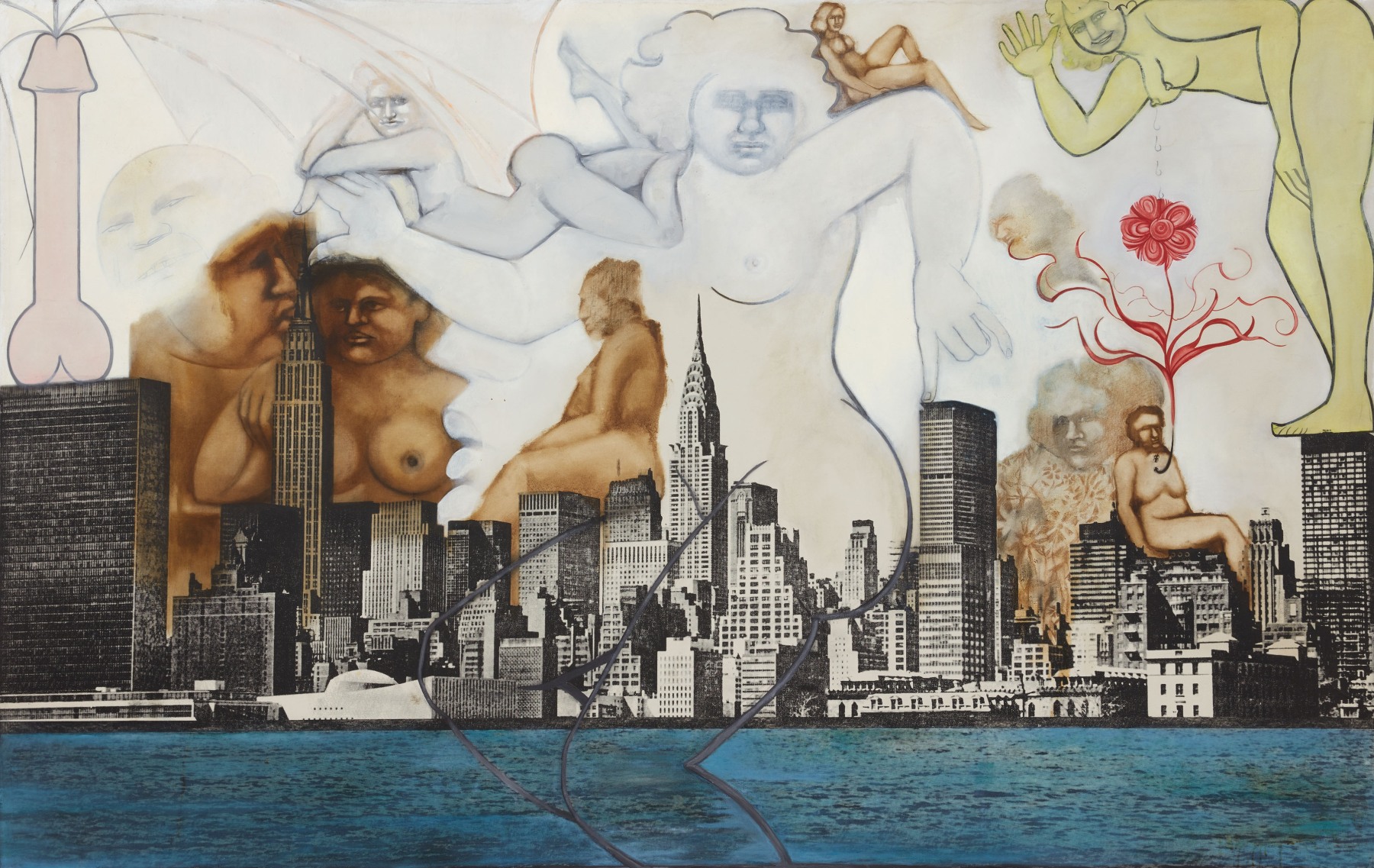
Anita Steckel experimented liberally across mediums of pencil, oil, silkscreen, Xerox, assemblage sculpture and poetry to develop an ongoing critique of the sexism in Western art history and the prudishness of postwar American society. An unapologetic New Yorker, feminist and satirist, Steckel reflected on women’s experience of public space and modernity in the urban capital of the twentieth century. Her best-known works give form to scenes of unconscious pleasure and play, interweaving subliminal landscapes of desire with visible architectural realms.
Drawing upon popular culture, politics and her own biography, the artist developed her uniquely sardonic voice amongst the thriving downtown scene of the 1950s and 60s in close dialogue with fellow collagists such as Allen Ginsberg, Ray Johnson, Stan VanDerBeek and Sari Dienes. In Steckel’s controversial NY Skyline series, silkscreened city views are imaginatively overpainted with amorous limbs and erect penises, expressing a vivid interiority in which fluids spew from breasts, genitalia and skyscrapers. Outcries over Steckel’s work have spurred support from critics, curators and fellow artists who argued the shock value of her images in no way deterred from their artistic merit. In response to calls demanding the cancellation of her 1972 solo exhibition, The Feminist Art of Sexual Politics at Rockland Community College, on the grounds of obscenity, Steckel rallied a group of woman artists—Louise Bourgeois, Judith Bernstein, Martha Edelheit, Juanita McNeely, Joan Semmel and Hannah Wilke—to form the Fight Censorship Collective, aimed at protesting institutional double standards. A pioneering but long-overlooked figure, Steckel offers a critical insight into a site-specific feminism that resonates across generations.
Anita Steckel (b. 1930, New York; d. 2012) lived and worked in New York City. She studied at the Cooper Union and Alfred University and the Art Students League of New York, where she taught from 1984 until her death. Steckel has shown solo exhibitions at WONNERTH DEJACO, Vienna (2023); Ortuzar Projects, New York (2022); Stanford Art Gallery, Stanford, California (2022); Jacki Headley Art Gallery, California State University, Chico and Verge Center for the Arts, Sacramento (2018); The Suzanne Geiss Company, New York (2013); Westbeth Gallery, New York (2012); and Mitchell Algus Gallery, New York. Her work has been featured in the institutional survey exhibitions Sex: Jewish Positions, Jüdisches Museum Berlin, Berlin (2024); Shifting Landscapes, Whitney Museum of American Art, New York (2024); BOHEMIA: History of an Idea, 1950–2000, Kunsthalle Praha, Prague (2023); Maskulinitäten, Bonner Kunstverein, Germany (2019); Cock, Paper, Scissors, ONE National Gay & Lesbian Archives, Los Angeles (2016); Black Sheep Feminism: The Art of Sexual Politics, Dallas Contemporary (2016); and Identity Crisis: Authenticity, Attribution and Appropriation, The Heckscher Museum of Art, Huntington, NY (2011). She was the recipient of a Pollock-Krasner Foundation grant (2005), a National Endowment for the Arts grant (1983) and a MacDowell Fellowship (1966). Her work is in the permanent collections of the Brooklyn Museum, New York; Bryn Mawr College, Pennsylvania; Ulrich Museum of Art, Wichita, Kansas; Smith College Museum of Art, Northampton, Massachusetts; and the Verbund Collection, Vienna.
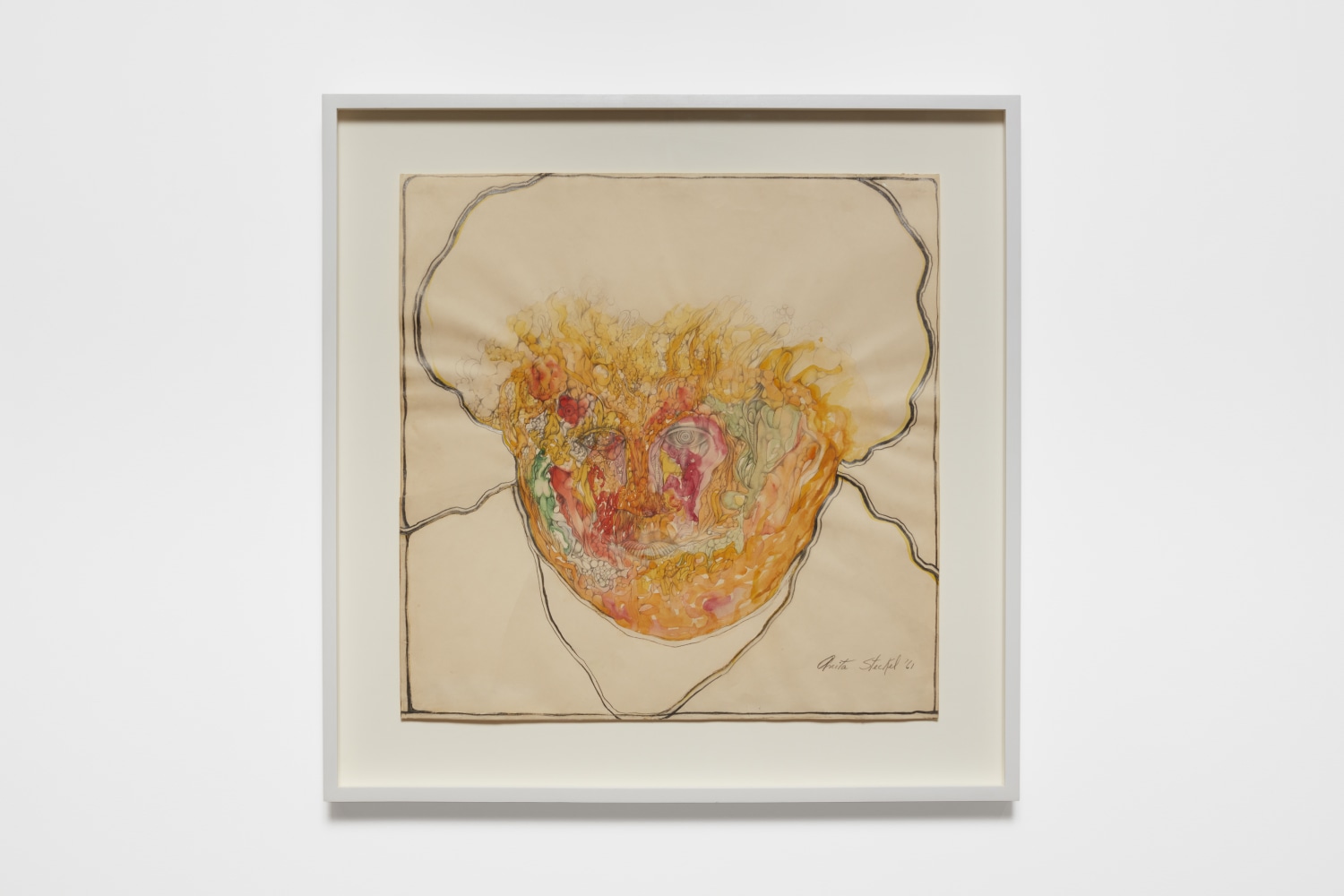
Anita Steckel, Untitled, 1960
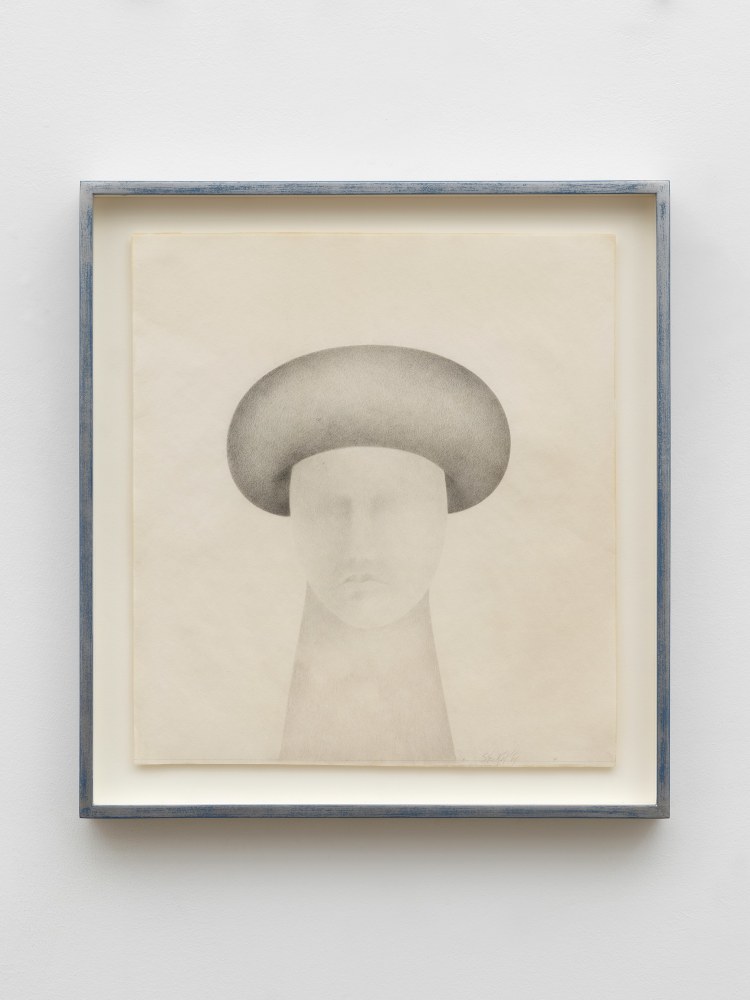
Anita Steckel, Untitled, 1961
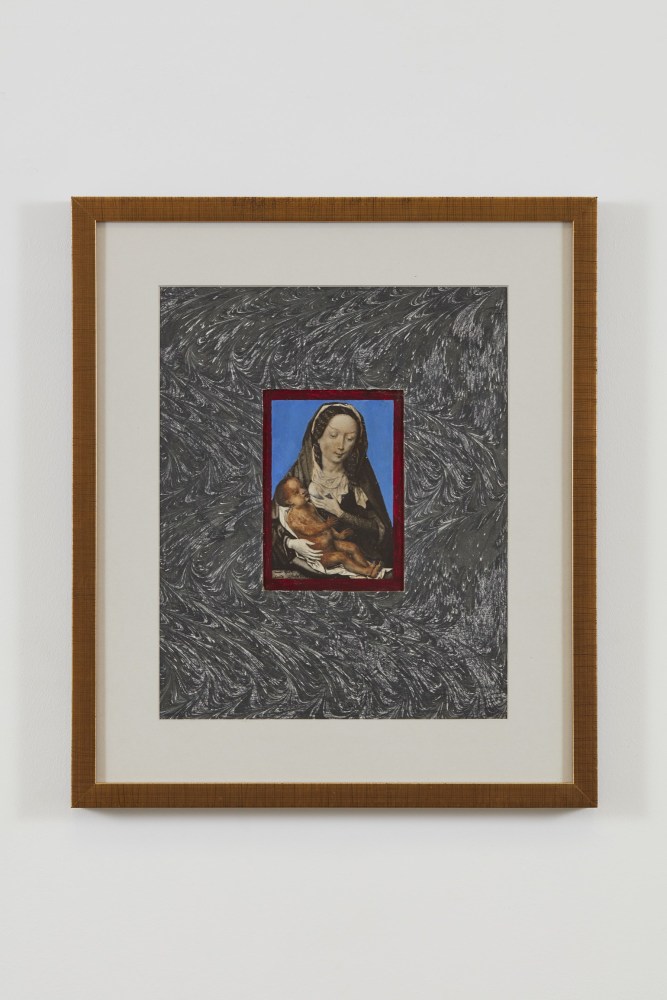
Anita Steckel, Sour Milk (Mom Art), 1963
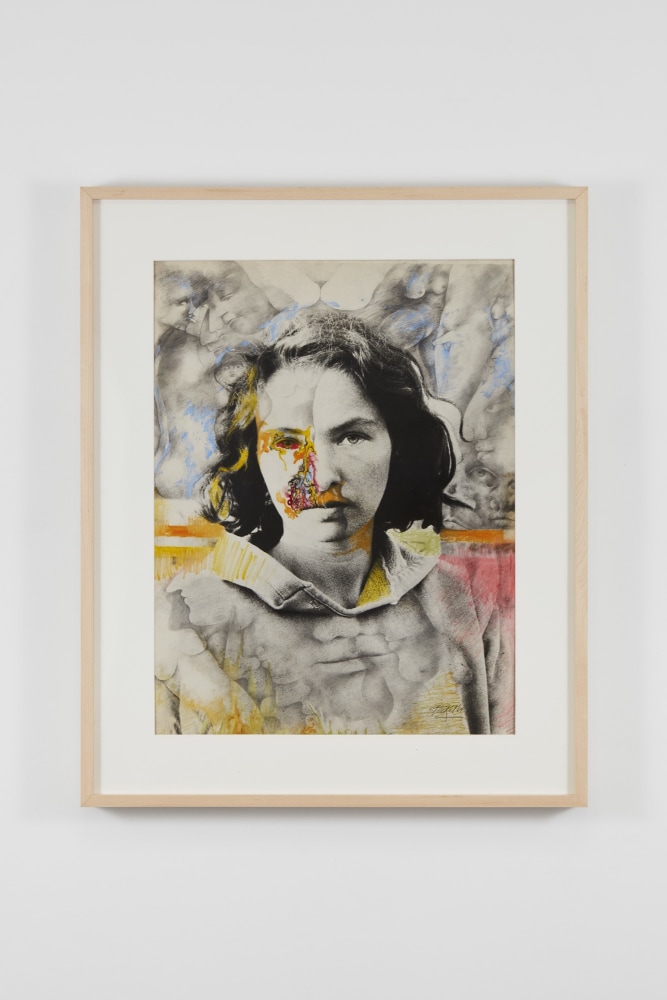
Anita Steckel, The Big Rip Up, 1964
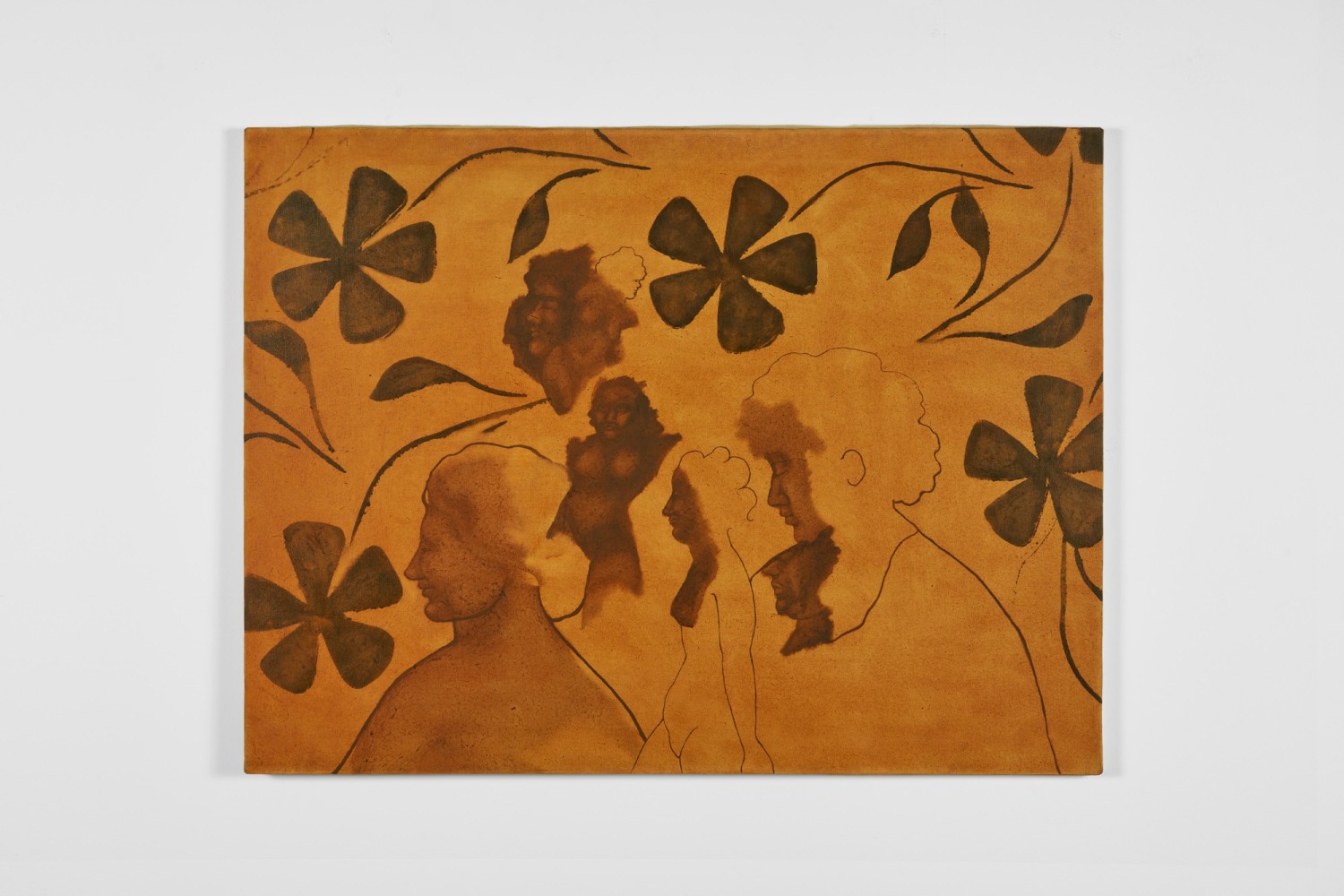
Anita Steckel, Untitled, 1967
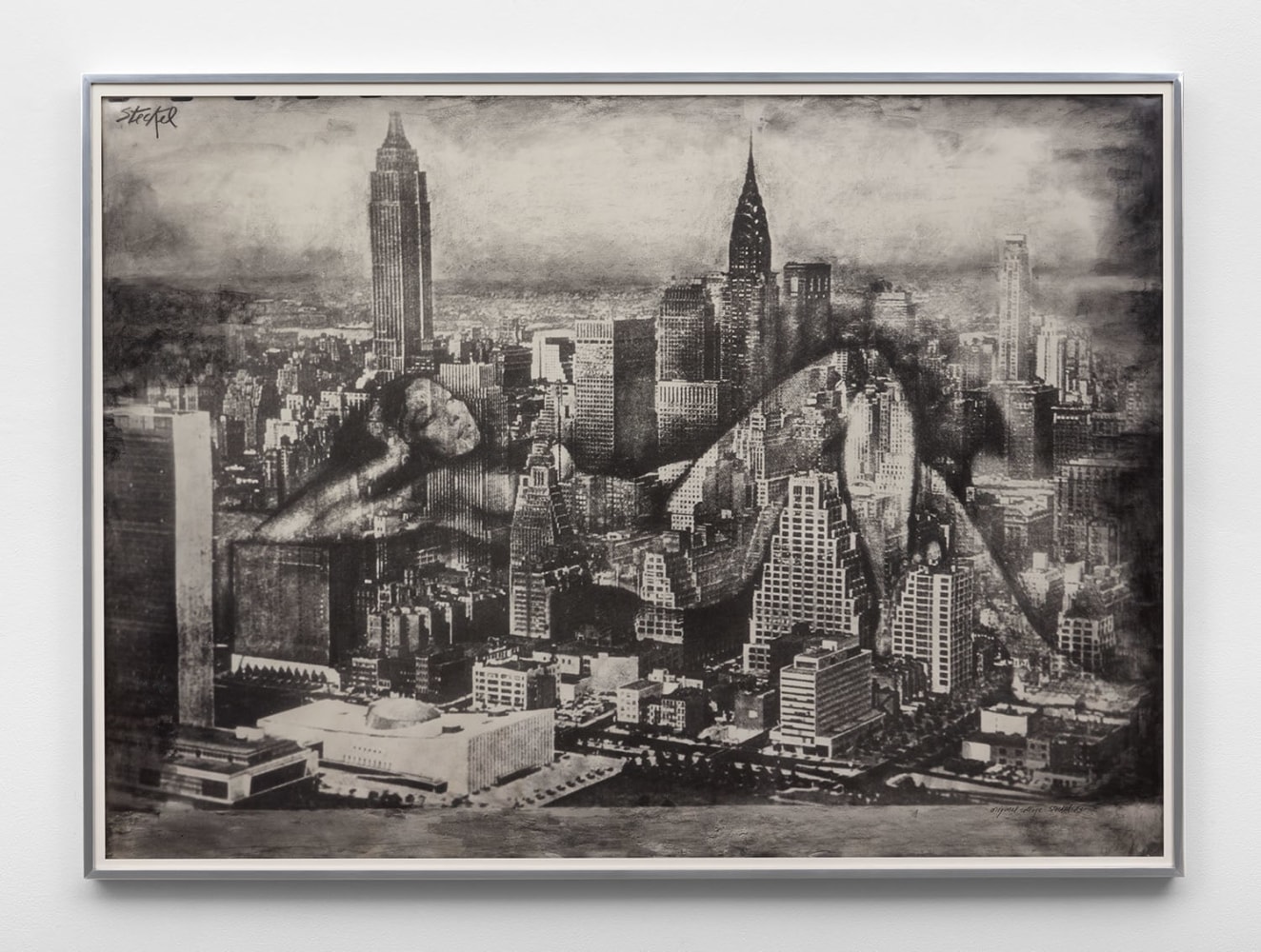
Anita Steckel, My Town, 1969–73
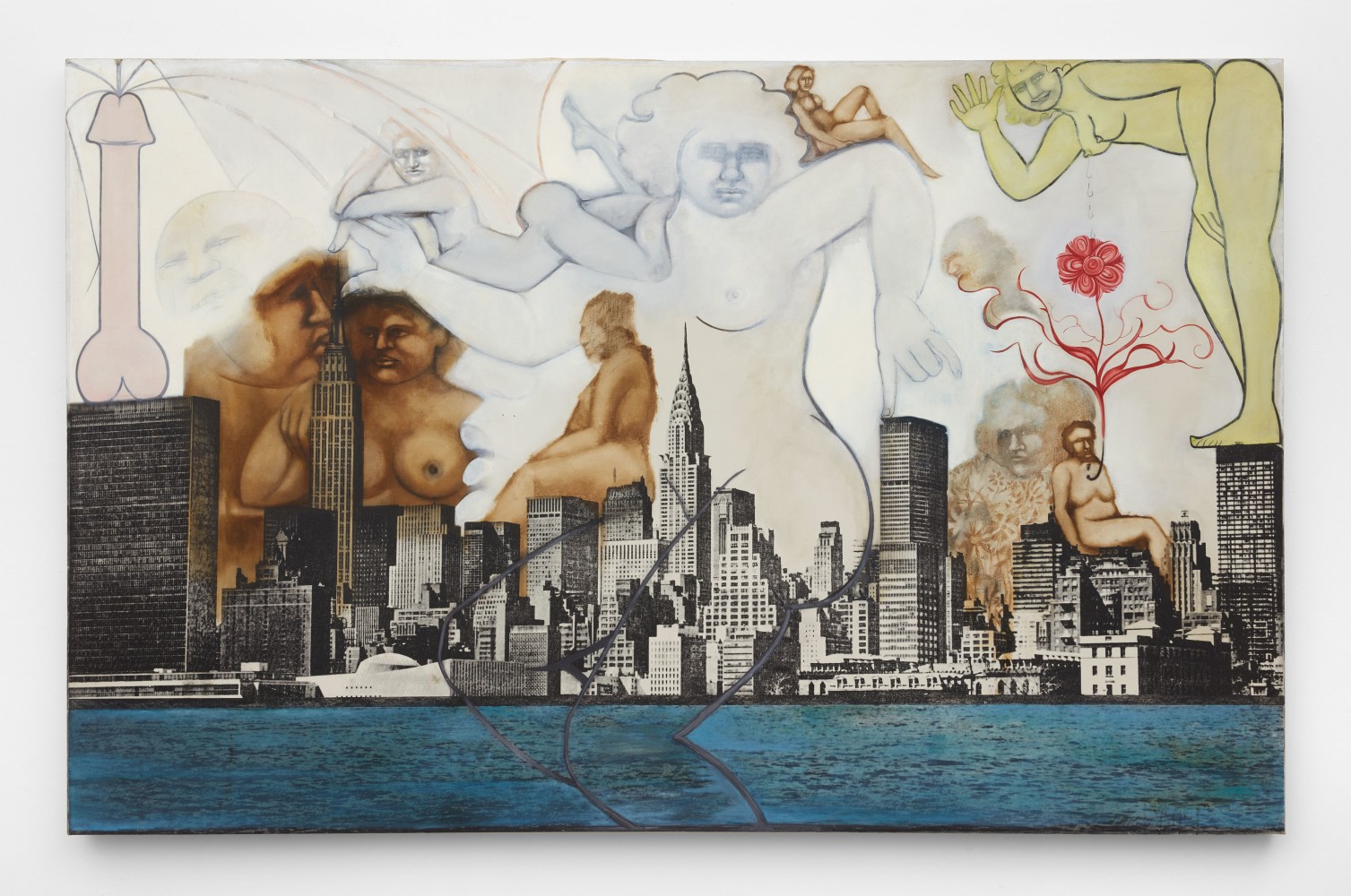
Anita Steckel, Skyline on Canvas #1 (Woman Pressing Finger Down), c. 1970–1974
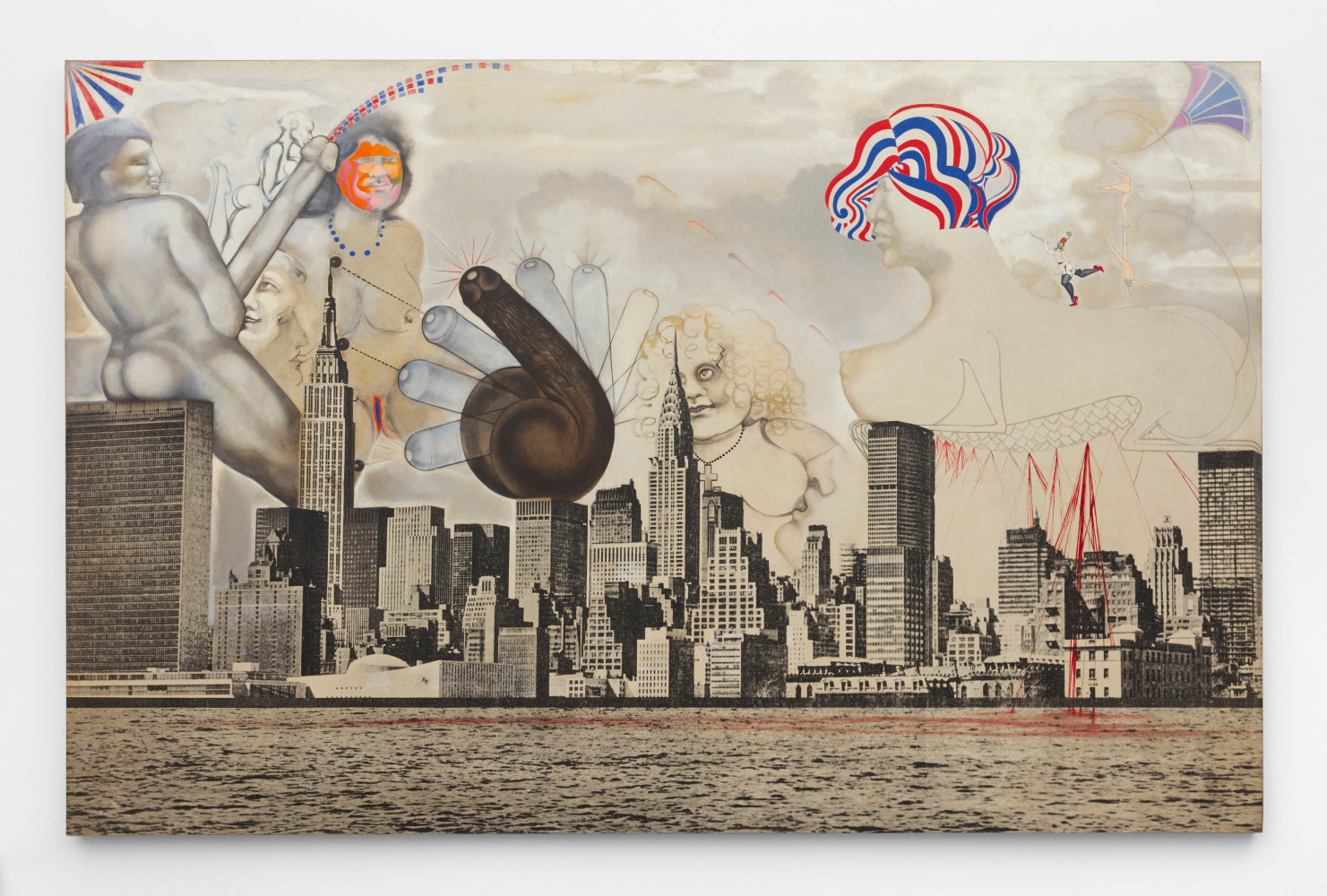
Anita Steckel, Skyline on Canvas #2 ((Red, White and Blue (Black Cock Canon)), c. 1971
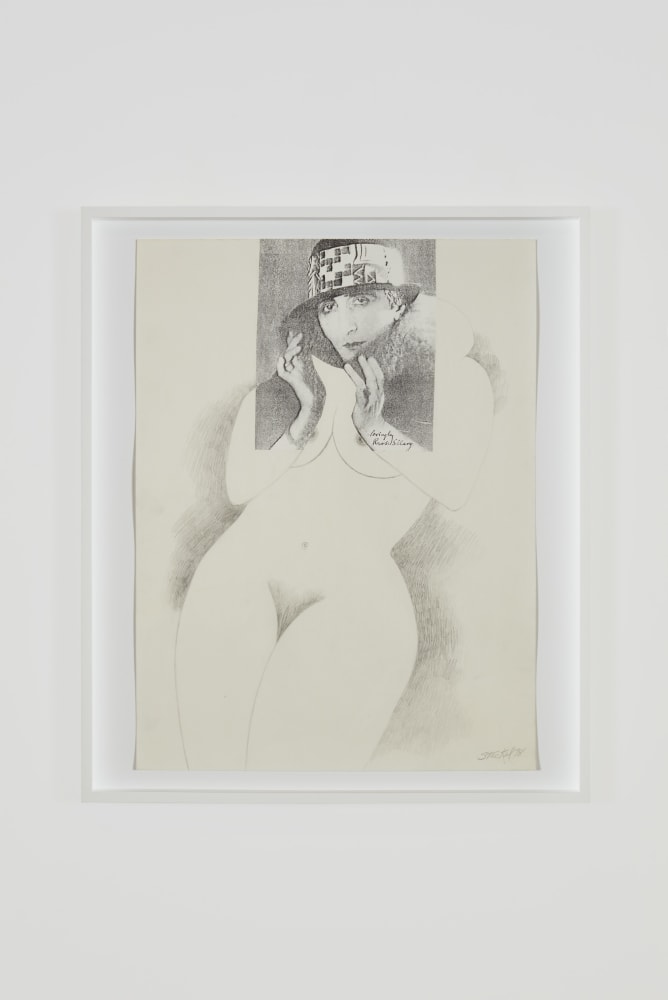
Anita Steckel, Duchamp Series (Rose Sélavy), 1995–05
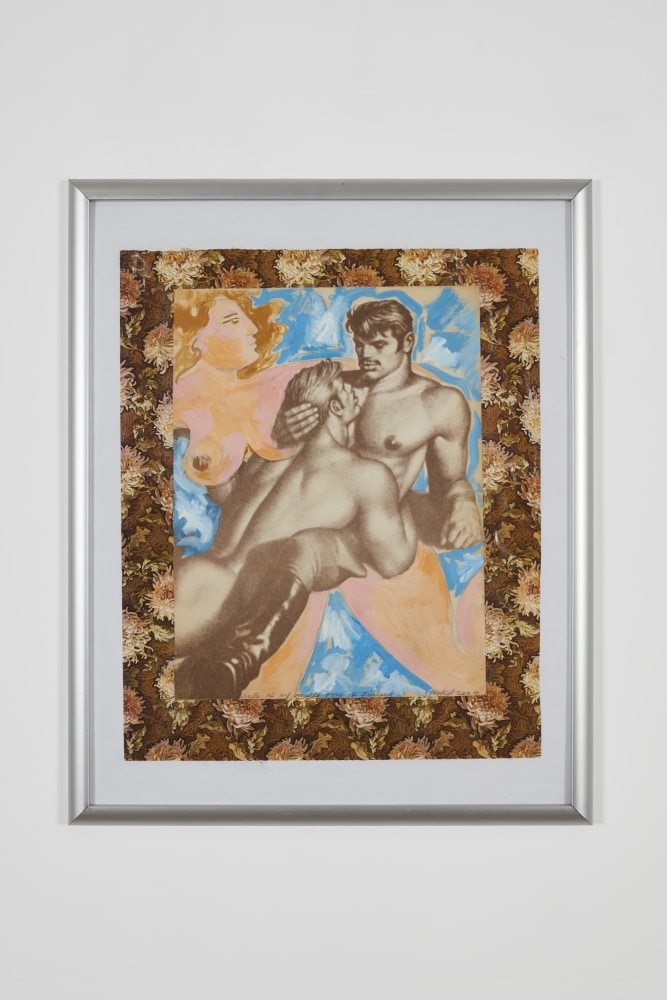
Anita Steckel, Untitled (Anita of New York Meets Tom of Finland), 2004










